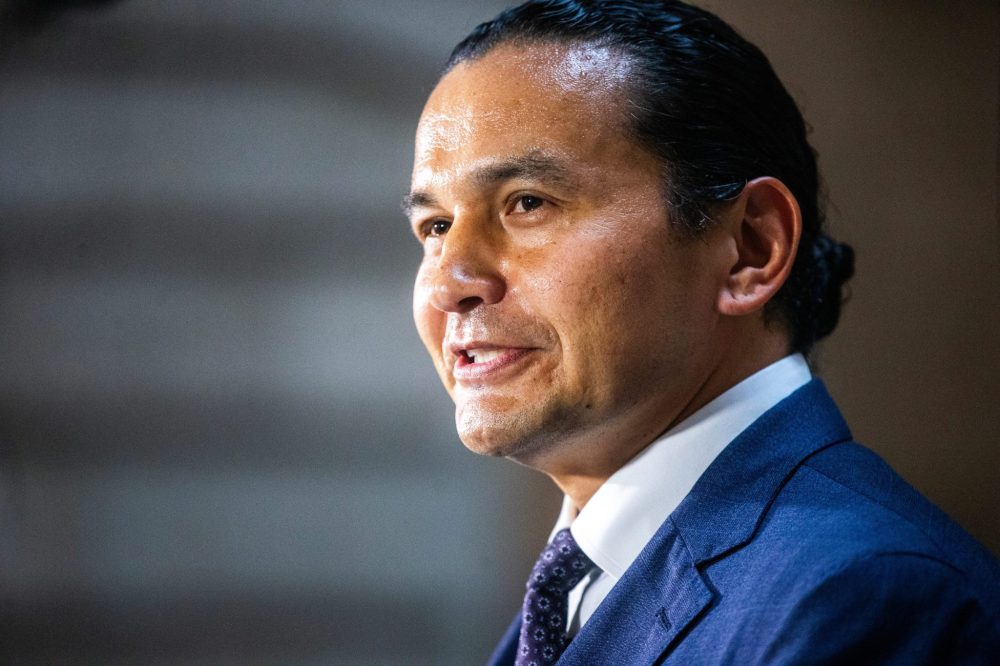Premier makes inclusion in metropolitan region voluntary
Advertisement
Hey there, time traveller!
This article was published 25/08/2024 (483 days ago), so information in it may no longer be current.
Premier Wab Kinew told reporters late Tuesday night that his government will allow municipalities to opt out of the Winnipeg Metropolitan Region.
“This fall, when the legislature returns, we’re going to bring in a bill that we’re calling a freedom bill, to give municipalities the freedom to leave the metro region and to make being a member of that voluntary,” he said.
The region is made up of 18 municipalities which make up two-thirds of Manitoba’s population and its GDP. Guiding the municipalities is controversial Plan 20-50, a framework that covers everything from land use, infrastructure, resource management, and environmental initiatives for the next 30 years.

The municipalities of East St. Paul, Headingley, Selkirk, Niverville, and St. Andrews have raised concerns about being a part of the WMR and Plan 20-50 as they claim it limits their decision-making powers.
“We certainly heard all of the concerns raised recently,” said Kinew.
“We just think it’s the right fit to ensure that those local, democratically elected leaders have their decision-making power respected and they have the ability to determine their own destinies at the local level.”
Headingley, East St. Paul, St. Andrews, and Niverville posted on their websites their opposition to Plan 20-50 either in whole or in part.
Headingley posted on its website that it wants to keep the semi-rural character of its community and questions how land development will be carried out and the potential for legal actions, among other items of concern.
St. Andrews stated that while it supports a regional plan, Plan 20-50 as it is written right now effects the anatomy of the municipality to make decisions at a local level. It calls on the government to have more public consultation.
East St. Paul worried about increasing taxes or cuts to services in order to pay for “costly programs and processes.” It was also concerned with a one-size fits all directive of the plan.
Niverville posted four concerns on its website: forced membership, loss of autonomy, financial implications, and failure to see the town as being in a transitional zone.
Selkirk stated it was happy with Kinew’s decision. Selkirk Mayor Larry Johannson stated on the city’s website that it applauds the government for “listening to concerns of Selkirk and other municipal leaders, who were concerned with the undemocratic creation of the Capital Planning Region and the sweeping powers it was provided to control development and municipal services in the region.”
It was the former Progressive Conservative government which introduced legislation that required Plan 20-50 and created the Winnipeg Metropolitan Region corporation to develop it.
This week, Trevor King, the PC critic for municipal relations urged the government to put a pause on the planning process in order to allow for more consultation.
“(They should) slow things down here a bit… there’s definitely been a lot of concern from residents and some municipalities now,” he said.
King said Plan 20-50 should be completed and would ultimately help the region.
“The value is working together as municipalities, municipal governments for environmental issues, land-use issues,” he said.
When Plan 20-50 is approved, municipalities will have to update their bylaws within three years to conform to it.
-With files from The Carillon
